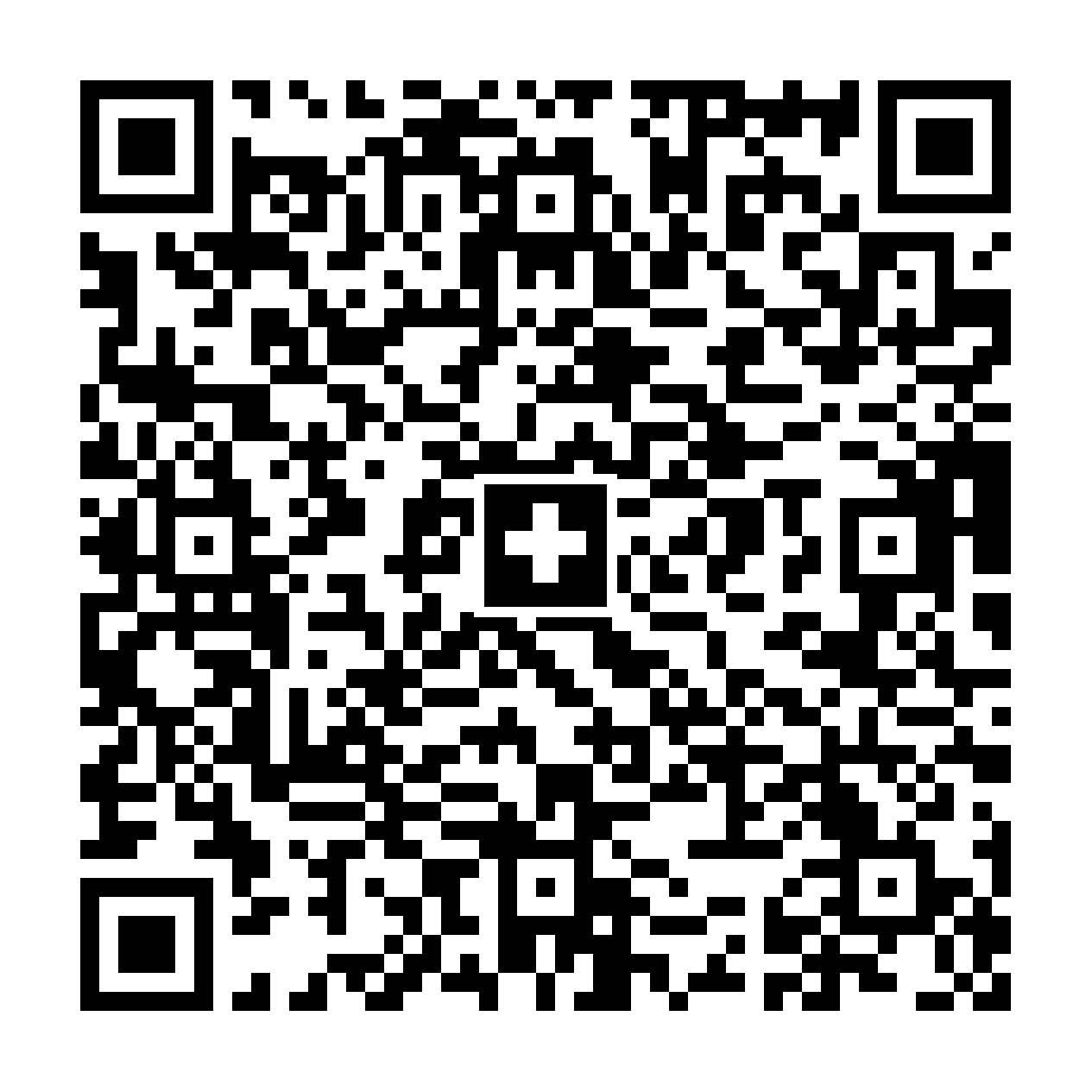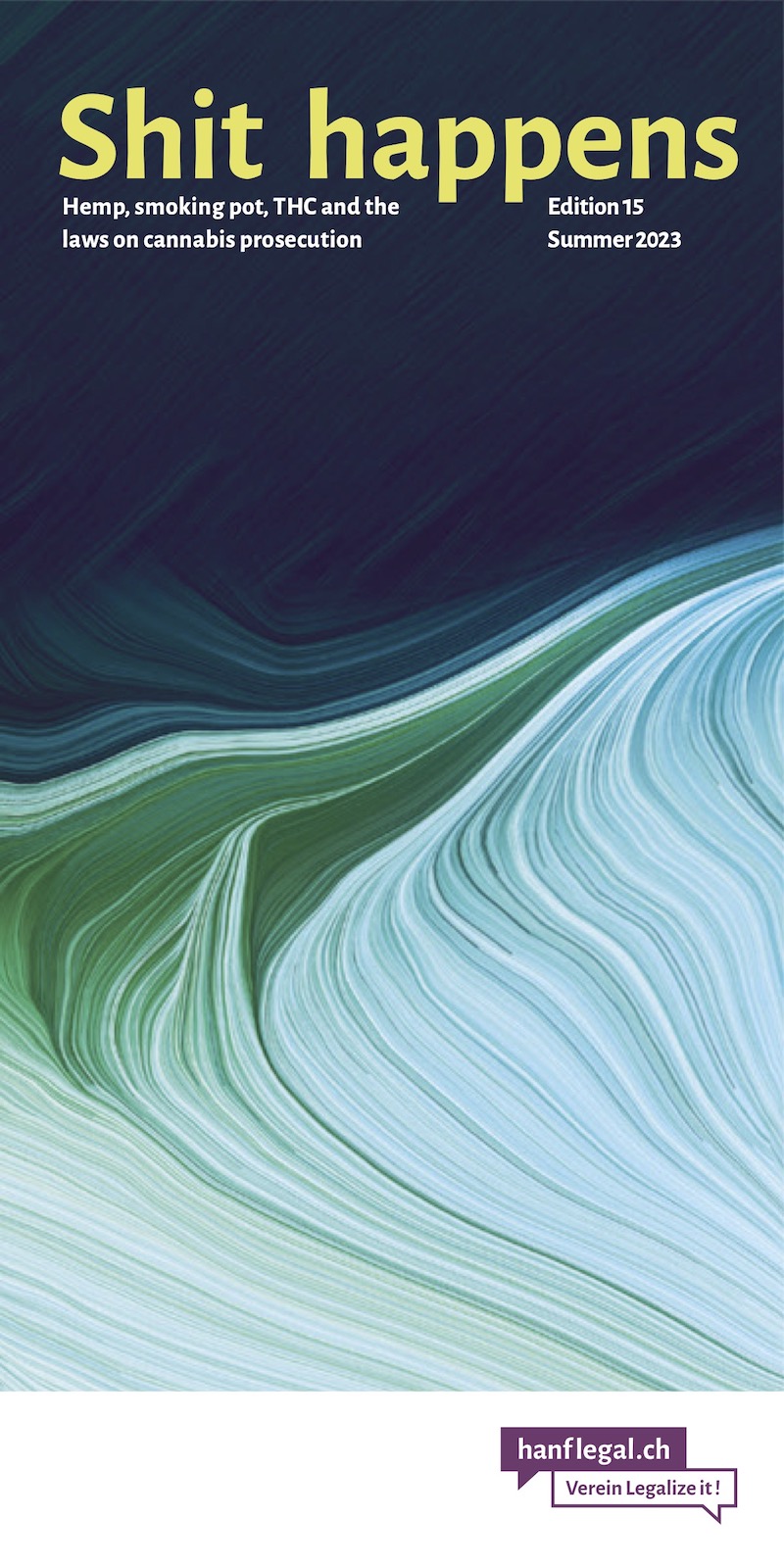- THC & Law:
The Bernese stores between repression and prevention
Geneva was cleaned up very early on, St. Gallen followed soon after, then Zurich and Graubünden joined in. In Bern and Basel, the climate was hemp-friendly for longer. But in 2002, the pressure of repression increased there as well. A report from Bern.
A hot summer 2002
This summer was hot. First, the governor of Bern surprisingly had the idea to wipe out all the stores in the federal capital. Fortunately, the administrative court made it clear to him that he could not be responsible. However, a certain Dr. Kurt Wasserfallen, police director and avowed opponent of any legalization, took over this office without delay and with almost greater enthusiasm.
The result of this summer action is grotesque. Huge amounts of taxpayers' money have been wasted. The justice has again a heap of unnecessary work to perform and stores as well as weed has it certainly not less. One asks oneself, how long the Stimmbürger accept such nonsense still and/or such useless politicians are further selected.
The emergence of the IG HSB
Already after the public statements of the government governor that the goal was to close down all stores, movement came into the scene. Initially only six stores, later twelve, joined together to form the Interessengemeinschaft Hanfläden Stadt Bern (IG HSB).
Their goal was to give the authorities a proper media battle and to steal their (hypocritical) arguments.
The first step was to introduce various rules regarding the sale of hemp products. We introduced the obligation of identification, sale only to people over 18 years old, maximum quantities of 50 francs per day and a ban on advertising. Thus, all the arguments of our opponents had been eliminated. Nevertheless, it went on. After the dismissal of the government governor, we thought that there would be at least two-three quiet weeks, but we were to be mistaken.
The campaign continues
The next raid was targeted at the oldest, most respected and both in the IG HSB and the SHK most active hemp store in the city, the Growland. Since all arguments regarding the protection of minors and the support of intermediaries were no longer valid, they invoked an ongoing procedure.
Cooperation with the Contact
We did not give up and even offered the drug counseling center Contact to finally be able to start their prevention where they actually reach the young people, namely in the hemp stores. We also sent the vendors of the hemp stores on courses to recognize problem cases and to seek a dialogue with them. But even these efforts were hardly noticed by the authorities.
The uncertain future
Despite all our efforts, we have not noticed any sign of relaxation until today. The establishment of the hemp control center, which should check the stores, turned out to be very difficult. We still hope that the authorities will take up our good approaches after all and see in a cooperation with us a constructive concept for the design of the transition period until legalization.
For the IG HSB: Robin Koenig, Press Spokesman IG HSB
Contact net
An innovative addiction prevention center is the Berner Contact Netz - Berner Gruppe für Jugend-, Eltern- und Suchtarbeit. It is the first prevention center that has discussed with hemp stores and wants to try to bring prevention to the hemp stores. We quote from the Contact Netz press release. “The Contact Net now offers prevention in all hemp stores that abide by certain rules of the game and cooperate with our counseling centers. For us, the prerequisites for prevention in hemp stores are the following:
- Putting up flyers about cannabis and its dangers visible to customers
- to draw attention to the dangers of cannabis on scented sachets and to label them with the relevant address of the Contact Network advice center.
- Putting Contact Netz cannabis advice and courses on display for customers to see in stores
- Have store clerks trained in dealing with youth and young adults regarding possible referral to Contact Net counseling services.
- to comply with the protection of minors, i.e. no sale to under 18s - identification requirement” Other prevention agencies in other Bernese cities also agreed to cooperate with hemp stores that meet these conditions.
You can also do differently
In Zurich, on the other hand, there are no longer any stores with which to cooperate. Repression has swallowed them up. Instead, a funny debate took place in the Zurich Cantonal Council. It was asked: “For the above-mentioned reasons, we ask the government council to carry out the necessary educational work in the sense of effective youth protection and to prevent the sale of cannabis products to young people with targeted measures”. However, they did not have any concrete ideas on how this could be implemented. Nevertheless, the motion was approved by 112 votes to 5. This was immediately followed by a similar discussion on strengthening prevention for young people in the alcohol sector. Although the SVP vigorously defended itself here (there was talk of “regulations à la police state”), the postulate was approved by 65 to 41 votes - i.e. by a much narrower margin. From this it can be concluded that the Zurich Cantonal Council considers the dangers posed by hemp for young people to be greater than the dangers posed by alcohol. This opinion is fundamentally wrong, alcohol causes massively bigger problems, also for the youth. But this opinion is unfortunately still widespread.
On the revision of the Narcotics Act
In the run-up to the discussions of the committee of the National Council that is debating the NarcA revision, it was above all the prevention agencies that were heard to say that they did not like the fact that only the consumption of cannabis was to be legalized in the bill. Contact Netz, for example, stated in the “Bund” of October 29, 2002: “Our goal is clear: We demand the decriminalization of consumption and preparatory acts for personal consumption of all narcotics. Decriminalizing the use of cannabis alone is not acceptable, “because we support the definition of the World Health Organization (WHO), according to which addicts are sick people and not criminals.” It will be interesting to see whether this demand is heard in the National Council; if it is, there would be an important difference to the Council of States, which only wants to decriminalize the use of hemp. The consumption of other currently prohibited narcotics (e.g. heroin, cocaine, LSD, psylocibine) should remain punishable.
Support our work with a donation:
Bank transfer
Account number (IBAN):
CH02 0900 0000 8709 1354 3
Full account details
Or scan this QR code with your eBanking App (ZKB, Revolut, Postfinance, …):

Or open/share the QR code as PDF file with your eBanking App.
Credit card
Donate via credit card
Verein Legalize it!
Quellenstrasse 25
8005 Zürich
Threema ID 7NH65RBY
Don’t miss anything! Follow us on social media:

